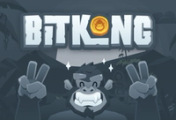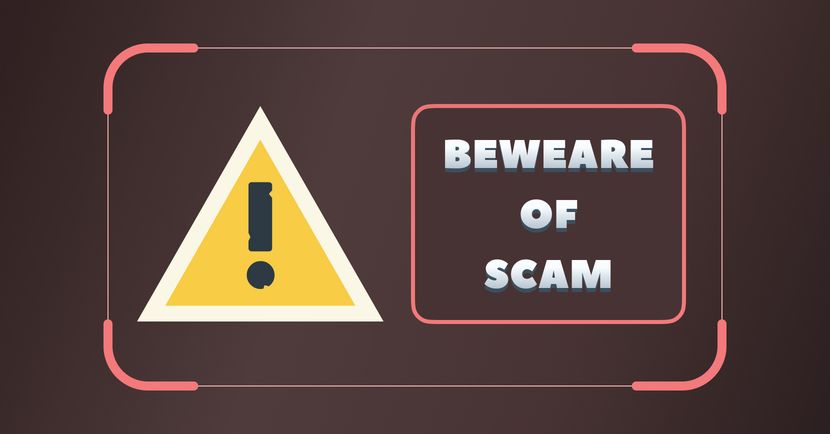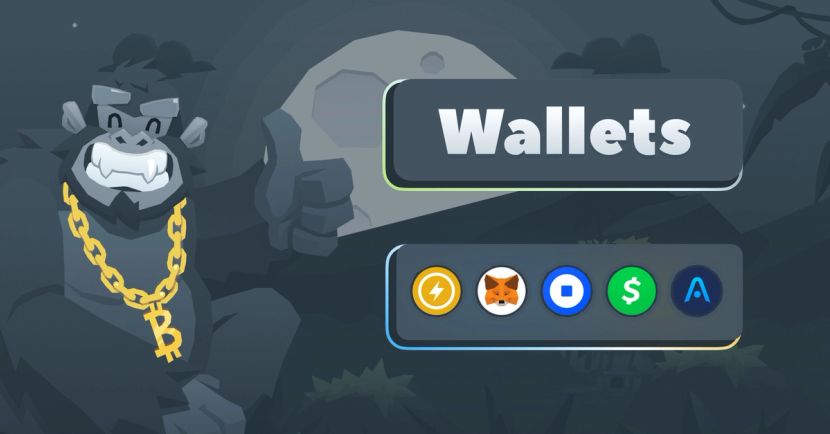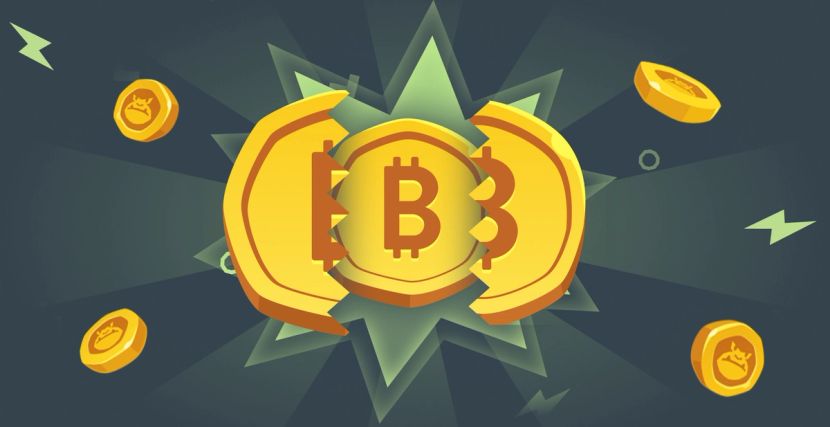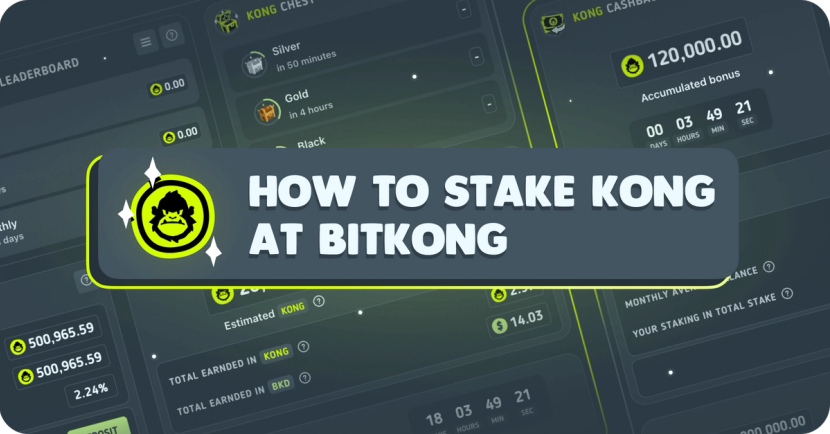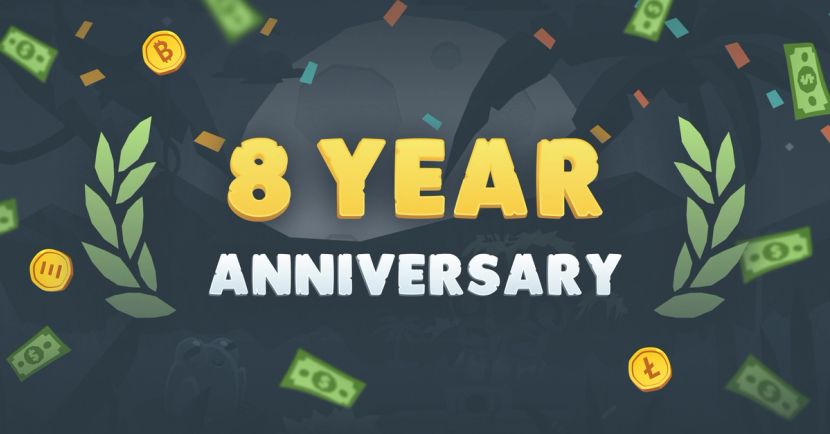What Does the Future Hold for DeFi?

Decentralized Finance (DeFi) refers to the products that function on public blockchains and their markets. What “public” means in this context is that the system is controlled by the users of a blockchain and not by a singular private entity. Since 2020, DeFi markets have witnessed substantial growth that is directly linked to the innovation possibilities offered by this technology. But, this growth did not go unnoticed by world leaders, and the menace of more tax lawmakers intervention is becoming a reality.
The Present of DeFi
During the last year, DeFi has attracted a robust amount of interest and capital. Even though DeFi mimics traditional markets, the possibilities offered by a technology that relies on smart contracts are virtually endless. Traders can really own their assets, participate in public coordination of markets, generate interest, trade without control or regulation of any third party and lend and borrow money peer to peer. The incentives behind DeFi assets have lured the public. This participation creates liquidity, which makes the assets stronger.
What Are the Risks of this Market?
The truth of the matter is that the function of DeFi is, essentially, to investment which means that market speculation is a part of the deal. Even though speculation poses a risk in DeFi and any other market, these risks are assessable. This just requires education. The truth is that any wrongdoing from a user is completely trackable and results in public exposure within the blockchain. However, it is impossible to control the market’s volatility, and a user can only avoid losing money by staying on top of their asset's highs and lows.
Is More Regulation the Answer?
A regulated DeFi market is a concept that the purist users consider a clear contradiction. A decentralized system cannot be controlled by a third party by definition. So, what can heavy regulations bring to the table for a market that originated solely on the idea of being controlled by its own community? The truth is that traders may debate on the matter, but that won't stop the laws from changing, so it might help to start looking at the bright side of it all. Still, in any financial environment, some well-applied regulations can create a safer environment for investors. For instance, some rules regarding the anonymity aspect of DeFi can actually strengthen the users' security, meaning you could still be anonymous to the rest of the users but be held accountable by law enforcement if you commit fraud or any other criminal act.
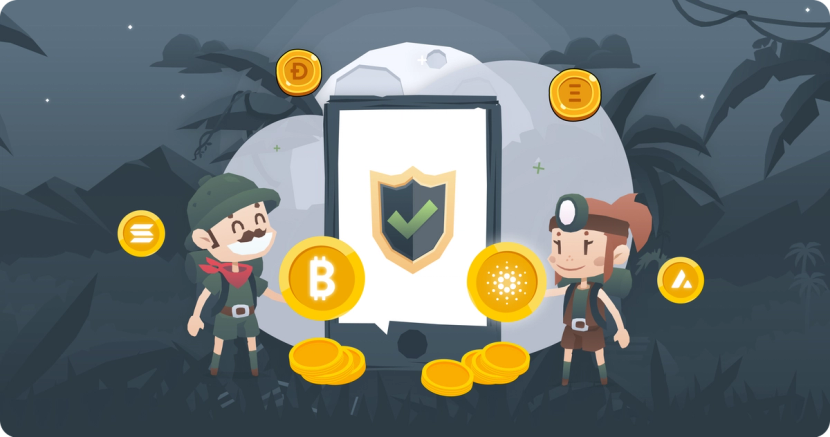
How Could New Laws Affect the Ecosystem?
Logic dictates that, in a system whose main allure is no third-party control, heavier regulations may cause wide disappointment and an understandable massive user dropout rate. Even though this might be the case, there's a possibility that decentralized finance could evolve into a different kind of animal or that users could workaround the barriers that may come, as they did in China, with offshore exchanges and peer-to-peer trading. But the second option might be like putting a band-aid on a fractured leg. The main burden still lays on lawmakers since to really shut down a DeFi company, they will need to extinguish Ethereum altogether.
Even though governments are coming in hard, the battle in Congress is not one-sided. DeFi-educated candidates are willing to fight the pro-crypto battle in the legal arena. This is the case of Oregon’s Democrat Congress candidate Matt West. West has a Ph.D. in chemical engineering, and he moonlights as a DeFi-developer for Intel. The candidate advocates for a more realistic approach to crypto legislation and believes that the latest actions by lawmakers are “out of touch and destructive.” He plans to show the US Government that crypto matters.
Scenarios / Predictions
The subject of regulation is highly political and ideological, with large government agencies attempting to gain control over decentralized markets. There might be some middle ground between government and users' wishes when it comes to working on regulations that attempt to work on the crime accountability aspect of the current anonymity management in DeFi. However, enforcing more restrictions could be useless since this technology evolves at an amazing pace, working out alternatives for every obstacle encountered.
